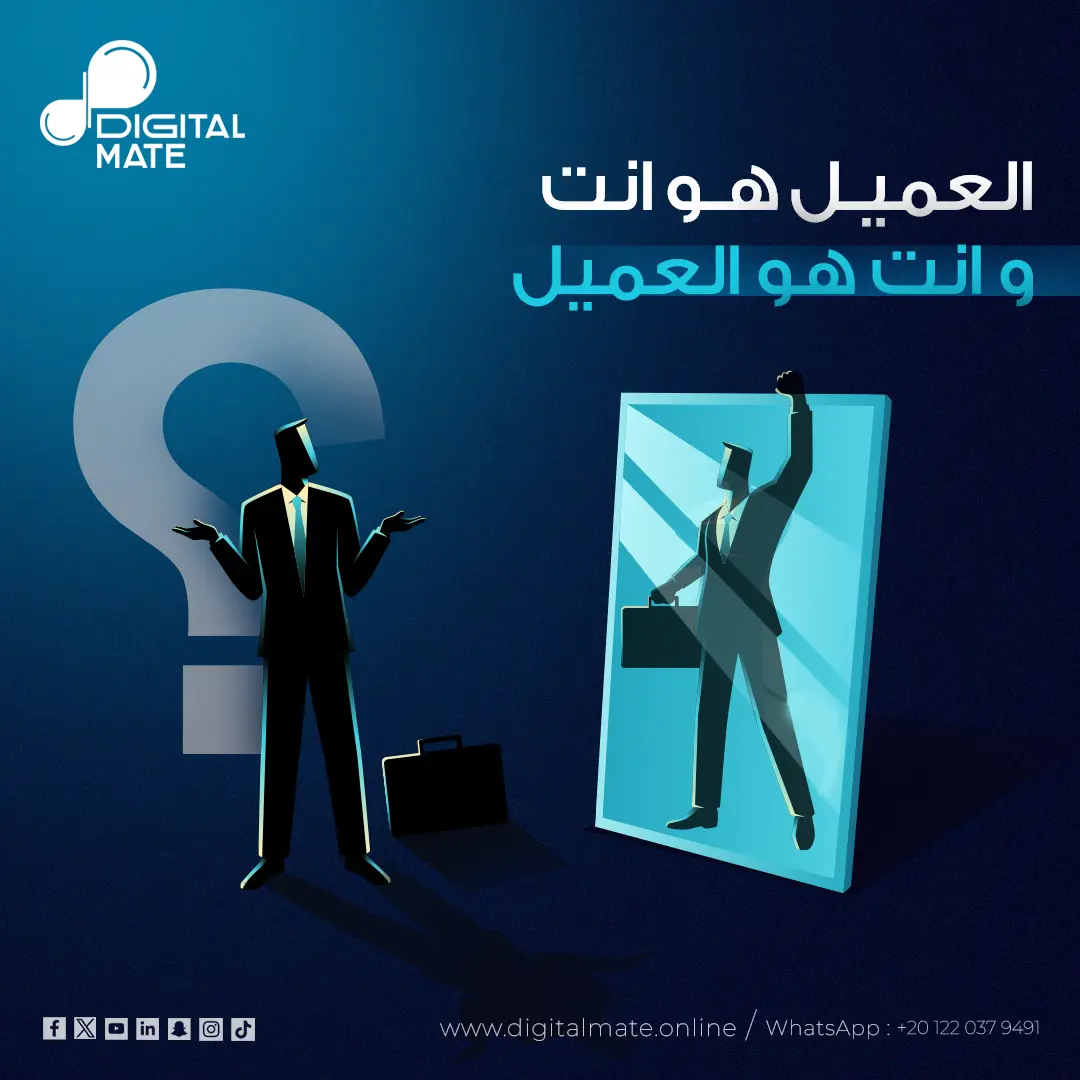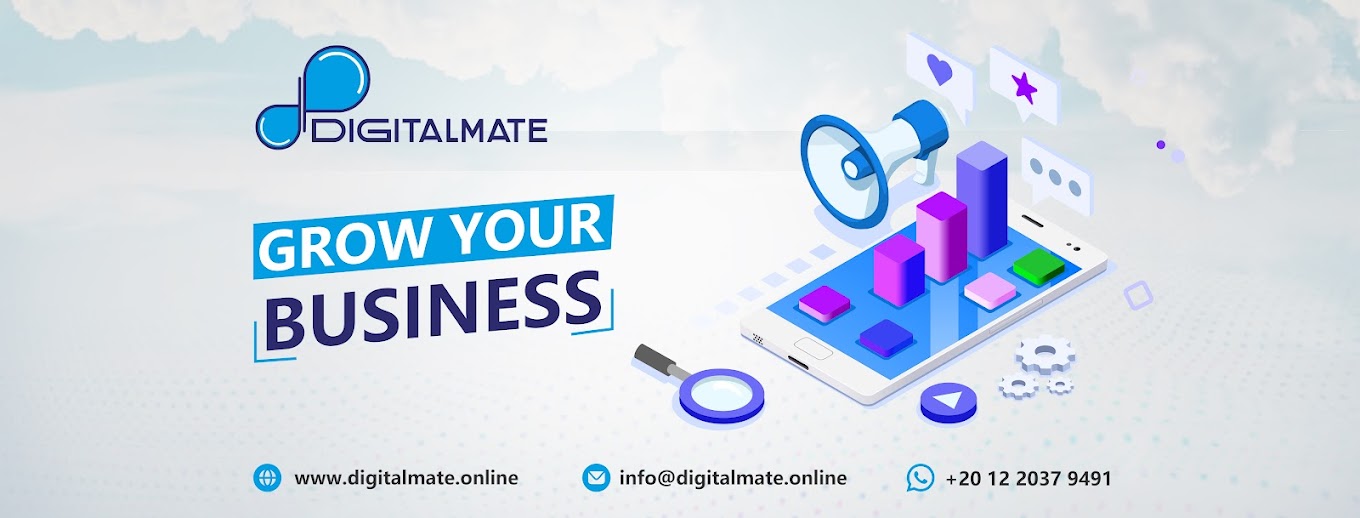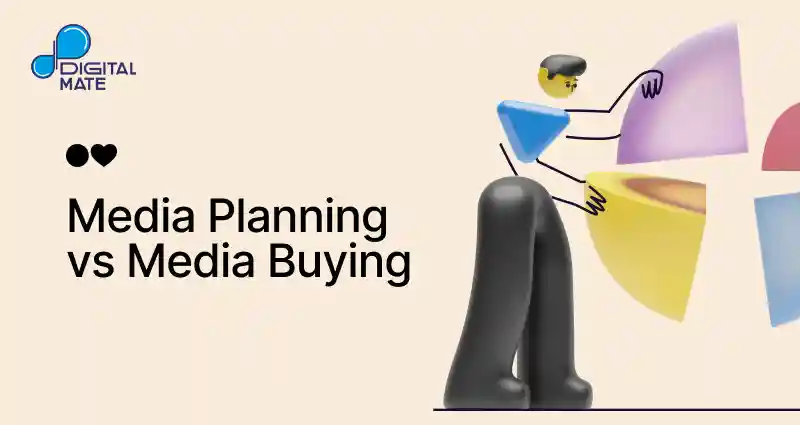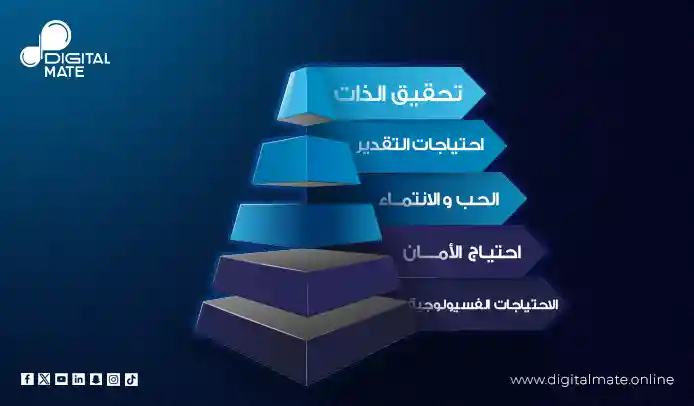Marketing Services: Unlocking Growth Through Strategic Solutions

Marketing Services: Unlocking Growth Through Strategic Solutions
In today’s fast-paced digital world, marketing services have become the backbone for businesses aiming to establish a strong foothold in the market. With increasing competition, companies continuously seek ways to stand out, drive more traffic, and boost conversions. The right marketing strategy is no longer a luxury—it’s a necessity. Here’s how marketing services, when applied correctly, can unlock growth and bring about unparalleled business success.
What Are Marketing Services?
At its core, marketing services encompass various tools and strategies businesses use to promote their products and services. These services are designed to help companies to attract their target audience, engage them effectively, and convert leads into loyal customers. From SEO (Search Engine Optimization) to social media marketing and content creation, the scope of marketing services is vast and highly adaptable to the specific needs of any business.
Why Your Business Needs Marketing Services
Without a solid marketing plan, even the best products can remain unnoticed. The sheer number of competitors means that only businesses that invest in smart marketing can reach their audience effectively. Some reasons why marketing services are crucial include:
- Increased Visibility: Digital marketing services ensure your business is visible to those searching for products or services online.
- Targeted Audience Reach: With the right strategy, you can target specific demographics and regions, maximizing your advertising ROI.
- Enhanced Customer Engagement: Social media and content marketing allow for direct customer communication, fostering trust and loyalty.
- Measurable Results: Marketing services, especially digital ones, have detailed analytics that help track performance and optimize campaigns over time.
Types of Marketing Services
1. Search Engine Optimization (SEO)
SEO is the foundation of any successful digital marketing strategy. This involves optimizing your website and content so that search engines like Google rank your business higher in search results. SEO encompasses:
- Keyword Research: Identifying and incorporating relevant keywords that your target audience is searching for.
- On-Page SEO: Optimizing content, metadata, images, and internal linking structures on your website.
- Off-Page SEO: Building backlinks from authoritative sites to increase domain authority.
- Technical SEO: Ensuring your site is well-structured and error-free to boost rankings.
With proper SEO, businesses can organically rank higher in search engines, driving traffic without the constant need for paid advertising.
2. Pay-Per-Click Advertising (PPC)
Unlike SEO, which focuses on organic traffic, PPC advertising involves paying for visibility. PPC campaigns, such as Google Ads, ensure your business appears at the top of search results or on popular websites. With PPC:
- You set a budget, and you only pay when someone clicks on your ad.
- Campaigns can be highly targeted, ensuring you reach specific audiences based on location, age, interests, and more.
- Results are immediate, making PPC an excellent option for businesses looking for quick results.
3. Social Media Marketing
In today’s digital landscape, having a solid presence on social media platforms like Facebook, Instagram, Twitter, and LinkedIn is crucial. Social media marketing helps businesses:
- Build Brand Awareness: Consistently sharing content on social platforms helps reinforce your brand message.
- Engage Directly with Consumers: These platforms allow for two-way communication, enabling businesses to build customer relationships.
- Run Targeted Ad Campaigns: With tools like Facebook Ads, businesses can run highly specific ad campaigns based on user behavior and demographics.
- Track Performance: Every post, comment, and campaign can be monitored for performance, making it easier to adjust strategies.
4. Content Marketing
Content marketing is all about creating valuable, relevant content to attract and engage an audience. By providing informative blog posts, eBooks, videos, and infographics, businesses can position themselves as experts in their industry. The key benefits of content marketing include:
- Improved SEO: High-quality content attracts backlinks and keeps users on your site longer, both of which are important SEO factors.
- Audience Engagement: Content marketing gives users a reason to visit your website regularly, increasing the likelihood of conversions.
- Lead Generation: Gated content such as eBooks or whitepapers can be used to collect contact information from interested prospects.
5. Email Marketing
Email marketing remains one of the most effective marketing channels. It allows businesses to reach their audience directly with personalized offers, news, and updates. Benefits of email marketing include:
- High ROI: Email marketing has a proven track record of generating significant returns on investment.
- Personalization: Emails can be tailored to individual user preferences, making them highly effective at nurturing leads.
- Automation: With tools like Mailchimp, businesses can automate their email campaigns, saving time while ensuring consistent communication.
6. Influencer Marketing
Influencer marketing leverages the power of social media influencers to promote products or services. By collaborating with individuals who have a large, loyal following, businesses can:
- Boost Brand Credibility: Influencers can introduce your brand to their audience, often in a more authentic and trusted manner.
- Expand Audience Reach: Influencers can expose your brand to new demographics, increasing your customer base.
- Drive Conversions: Recommendations from influencers often carry more weight than traditional ads, resulting in higher conversion rates.
Choosing the Right Marketing Service for Your Business
The marketing services you choose should align with your overall business goals and target audience. Not every service will be necessary for every business, but combining multiple strategies will often yield the best results. Here’s how to decide which services are right for you:
- Identify Your Audience: Knowing who your audience is will guide your marketing strategy. For example, younger audiences might respond better to social media, while older demographics might prefer email marketing.
- Set Clear Goals: Whether you want to increase brand awareness, generate leads, or drive sales, having clear goals will help you choose the right marketing services.
- Consider Your Budget: While SEO and content marketing offer long-term benefits, PPC and influencer marketing can deliver quicker results. Balancing your budget between short-term gains and long-term growth is key.
The Future of Marketing Services
As technology evolves, marketing services are becoming more advanced and personalized. Some emerging trends include:
- Artificial Intelligence (AI): AI is being used to personalize marketing campaigns, predict consumer behavior, and automate tasks like email marketing.
- Video Marketing: With platforms like YouTube and TikTok, video content is essential to marketing strategies. Video engages audiences in ways that text and images cannot.
- Voice Search Optimization: With the rise of smart speakers, businesses need to optimize their content for voice search to stay relevant in this growing space.
Marketing services are a critical component of modern business success. By understanding and leveraging the various tools and strategies available, businesses can increase their visibility, engage with their audience, and drive sustainable growth.







